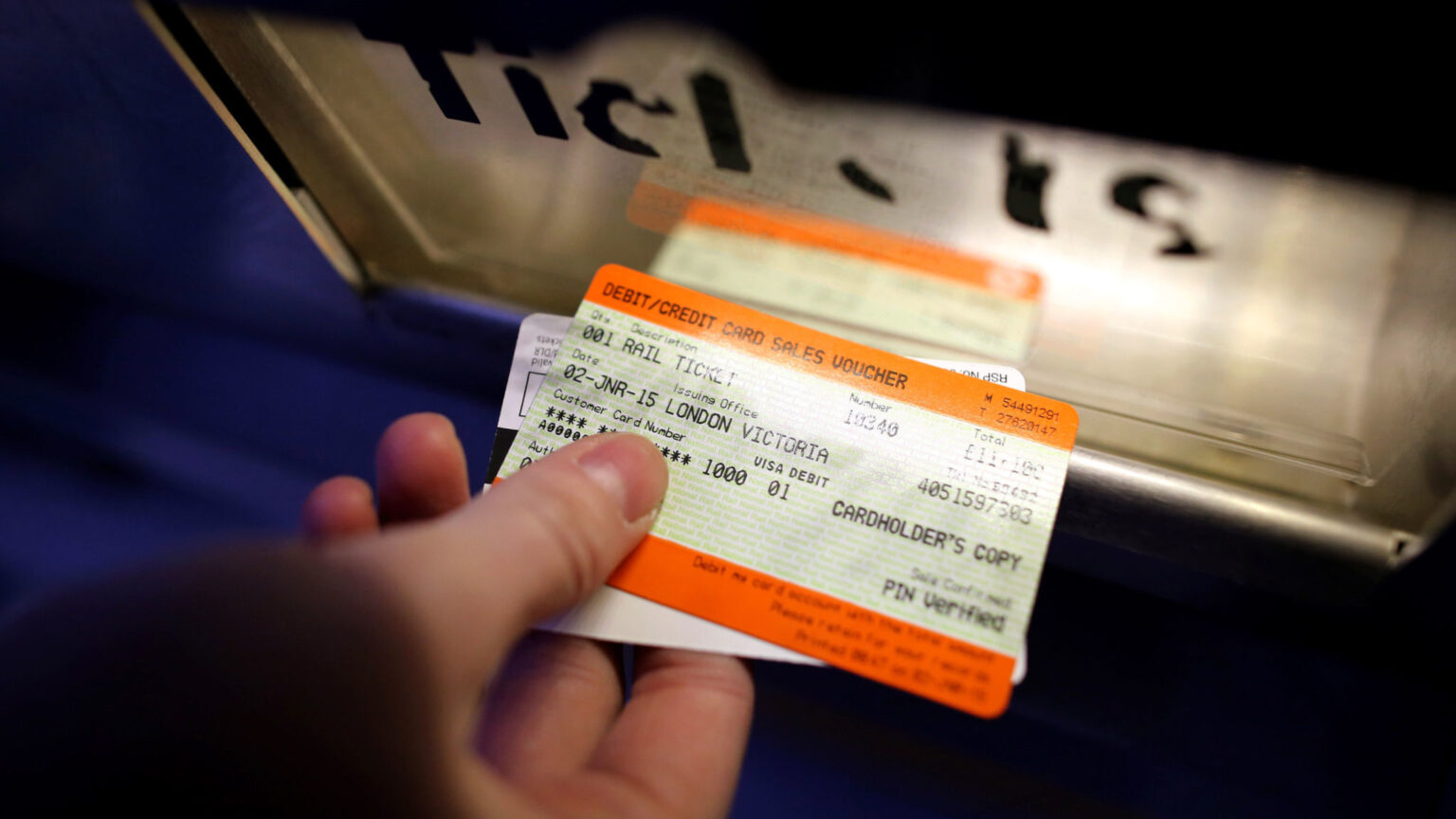Commuters are being “priced out of going to work” by the largest rail fare increase in five years, according to a campaign group.
Passengers catching a train on the first working day of 2018 will be hit with an average ticket price rise of 3.4%, with some commuter routes set for price hikes of more than £100.
Protests are taking place at around 40 railway stations up and down the country on Tuesday, with some commuters spending up to five times as much of their salary on season tickets as people on the continent.
Season tickets into London from Theresa May’s Maidenhead constituency are to rise by £104 to £3,092 and one from Liverpool to Manchester is going up by £108 to £3,152, with the average cost to increase by a third faster than wages this year.
Last year the average price hike was 2.3%, with season tickets into London terminals going up by £74, compared to £146 this year.
Bruce Williamson, of campaign group Railfuture, said: “It’s no wonder that poor value for money is the number one concern of rail travellers, with British rail fares amongst the most expensive in Europe.
“Fares are rising faster than most people’s wages so they are taking a larger slice of their income. People are being priced out of going to work.”
Matthew Pugh, 21, who travels from his parents’ home in Andover to work for a film production company in the capital, told Sky News: “It’s just so frustrating. You work so hard and you get up so early and that money’s going towards something that doesn’t even work in the first place.
“Trains are constantly late, you don’t get any information and I wonder ‘am I going to have to move to London?’, which at the moment just isn’t affordable for me.”
A Department for Transport spokesman justified the increase to prices by pointing towards the Government’s investment in several ambitious rail projects, including Crossrail.
“We are investing in the biggest modernisation of our railways since the Victorian times to improve services for passengers – providing faster and better, more comfortable trains with extra seats,” he told Sky News.
“This includes the first trains running though London on the Crossrail project, an entirely new Thameslink rail service and continuing work on the transformative Great North Rail Project.
“We keep fare prices under constant review and the price rises for this year are capped in line with inflation, with 97p out of every £1 paid going back into the railway.”
Mayor of London Sadiq Khan – who has pledged to freeze all bus and tram fares and single pay-as-you-go fares on the Tube until 2020 – described the fare hikes for those heading into the capital as “eye-watering”.
“It’s time for the Government and private rail companies to step up and give the passengers the service they deserve at a price they deserve,” he added.
Mr Khan’s sentiments were shared by Rail, Maritime and Transport (RMT) union general secretary Mick Cash, who has echoed Labour’s call for the railways to be nationalised.
In a bid to soften the blow of the fare increases, some rail operators have come up with money-saving schemes, such as The Key introduced by Southeastern and the Smart Ticket by Abellio, which runs the Greater Anglia network.
But Bridget Fox, from the Campaign for Better Transport, says there needs to much broader innovation and a freeze on ticket prices in the short-term.
She told Sky News: “The number of people taking season tickets is falling because they are becoming unaffordable and they don’t reflect the way that people work – part-time or flexibly.
“We’d like to see a fares’ freeze to get things back in balance, like how motorists are enjoying a fuel duty freeze. We do need to invest in the railway but tickets need to be priced in a way that’s fair.”
The backlash comes as the Government faces increased scrutiny over the ownership of Britain’s rail operators, with a recent investigation finding that 57% of passenger journeys in the 12 months to September were on foreign-owned services – mainly German and Dutch.
Passengers can also expect further misery later this month, with more RMT strikes expected over the long-running dispute over the role of guards on trains.


